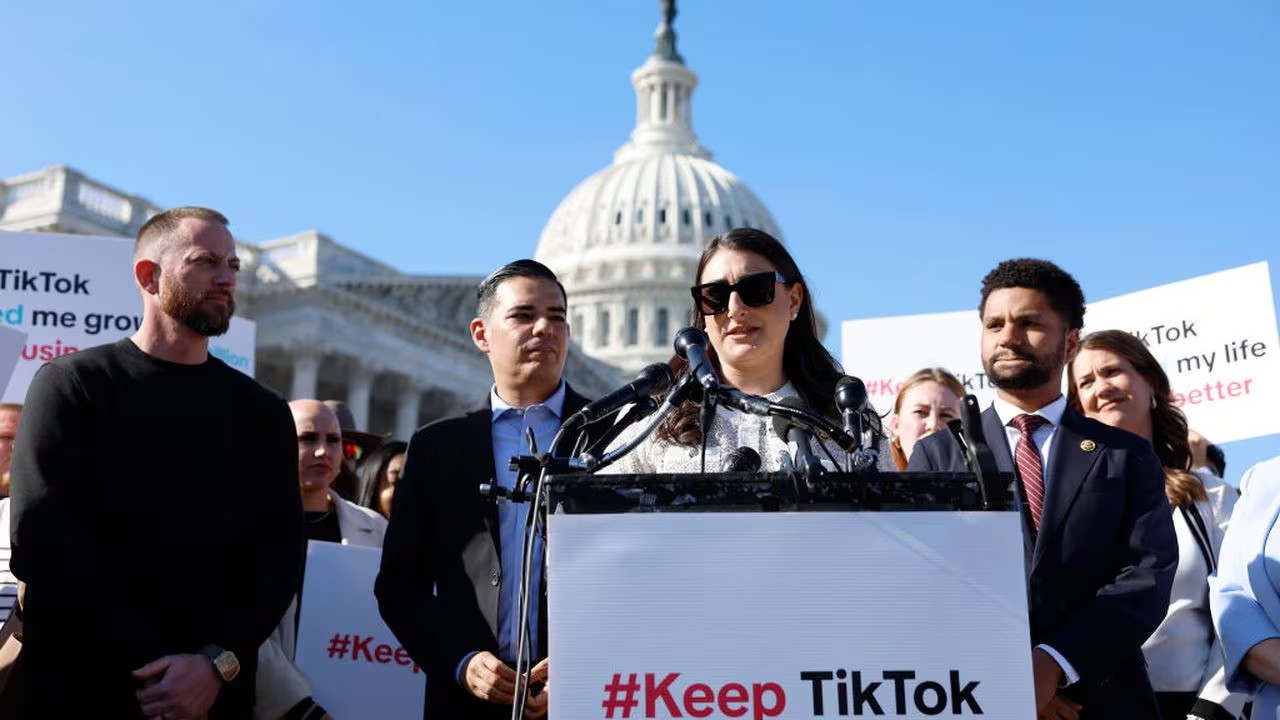Every day we come across countless memes, photos and videos that evoke thousands of sensations and feelings on social networks, the protagonists? Children. The situation begins in the simplest way: a photo of a child posted, which subsequently goes viral. Even if it falls into the hands of a creative internet user, it could end up as a GIF or meme that will be shared thousands of times over a long period of time.
Therefore, according to the Internet security company AVG, which conducted a study in 10 countries (Germany, Australia, United Kingdom, France, Canada, Italy, United States, Japan, New Zealand and Spain). They determined that:
- Parents of children under six years of age upload 2.1 units of information per week about their children to social networks, whether it is a photo, a video or even a textual description.
- If the children are between 6 and 13 years old, then their parents upload 1.9 pieces of data per week.
- And from the age of 14, parents upload 0.8 data per week.
The photos of your children on social networks are your children’s, not yours!
Although posting photos of your children on social networks seems very harmless, some specialists consider the opposite to be true. Stacey Steinberg, an attorney and law professor at the University of Florida, comments that this phenomenon is known as shareting, a term derived from share and parenting.
However, this type of event brings into question an interesting dilemma: if parents are the ones who should protect their children’s personal information, why subject them to this risk on a global scale?
For the above, Steinberg explains that:
“By narrating, we share information about the children, while depriving them of the right to do it themselves on their own terms. And that’s a potential source of harm that we haven’t paid attention to.”
Without realizing it, posting content on social networks about a child could subject him or her to various risk situations in the physical and digital world. Think that, for example, an image of a child could be used to simulate a dangerous situation and demand a ransom or perhaps to steal their identity.
In conclusion, although it sounds a bit strange, you should know that it is mandatory to ask permission from minors before sharing information about them. Because you must not forget that they could soon suffer the consequences not only in their childhood but also in their adulthood.
Did you like this article? You may also be interested in: The theory of lies in social networks




